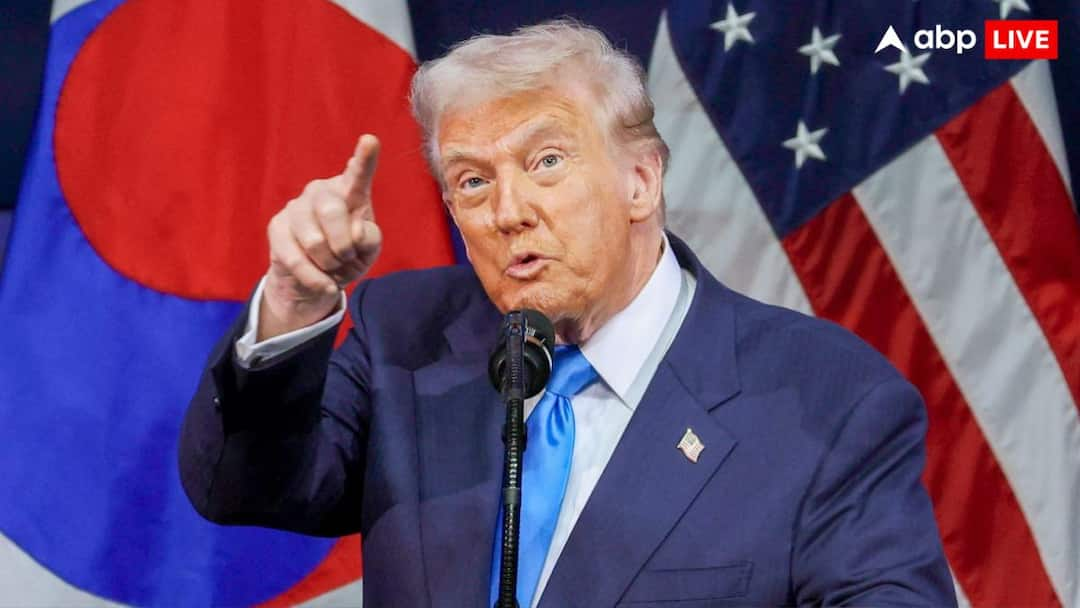A deadly shooting near the White House on Wednesday has triggered a sweeping national-security and immigration response from the Trump administration. President Donald Trump confirmed on Thursday that one of the two National Guard members wounded in the attack had succumbed to his injuries. The second service member, 24-year-old Andrew Wolfe, remains in critical condition, with Trump noting he is “fighting for his life.”
Federal investigators have since launched an international terrorism probe into the gunman, identified as Rahmanullah Lakanwal, a 29-year-old Afghan national, as per Yahoo News. Authorities say Lakanwal previously worked alongside U.S. forces in Afghanistan before settling in the United States. The suspected gunman, who was critically injured during the confrontation, had reportedly been living in Washington state before making a cross-country drive to the nation’s capital. U.S. Attorney Jeanine Pirro said Lakanwal’s travel history is now a central focus of investigators as they work to understand his motive and whether he had assistance.
Officials have described the shooting as an “ambush-style” assault, reigniting debates surrounding military deployments at home, immigration screening, and the United States’ long entanglement in Afghanistan.
USCIS Tightens Vetting In Wake Of Attack
Soon after the shooting, U.S. Citizenship and Immigration Services (USCIS) released new guidance signaling a significant recalibration of the nation’s vetting system. The agency said it would begin factoring in “negative, country-specific” risks when assessing immigration applications from 19 nations considered to be high-risk.
The agency’s statement noted: “In the wake of the shooting of two National Guard service members in Washington, D.C., Wednesday by an Afghan national, U.S. Citizenship and Immigration Services issued new guidance allowing for negative, country-specific factors to be considered when vetting aliens from 19 high-risk countries. This guidance comes after the Trump administration halted refugee resettlement from Afghanistan and the entry of Afghan nationals in its first year of office….”
USCIS Director Joseph B. Edlow amplified the announcement online, writing: “At the direction of @POTUS, I have directed a full scale, rigorous reexamination of every Green Card for every alien from every country of concern.”
Edlow later specified that Afghanistan, Cuba, Haiti, Iran, and Myanmar were among the nations affected — countries that were already under travel limitations through a separate Trump executive order. The administration had also previously suspended immigration processing for Afghan nationals, though the new review broadens the scope further.


